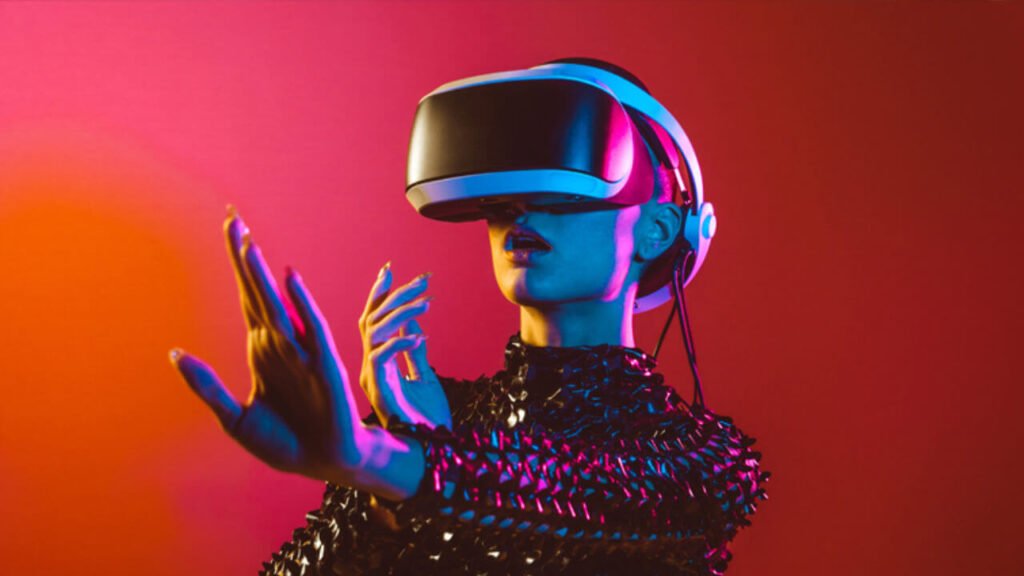The 2018 science fiction film “Ready Player One” offers a glimpse into what many tech companies have predicted to be the next big thing on the Internet.
Inspired by the 2011 novel Ernst Klein, the film’s orphaned protagonist loses the tragic presence of the real world by immersing himself in the dazzling fantasy of virtual reality. The boy remembers a pair of VR glasses on his headset and escapes into a dim virtual universe called “Oasis”.
The main character in the trailer said, “People come to OASIS for everything they can, but they rely on everything they can.”
One day at dawn, many science fiction-inspired technology executives say we’re all in an interactive virtual real world, filled with games, adventures, shopping, and other casual propositions like movie characters.
Instead of OASIS, he called it the Metaverse.
The metaverse differs from today’s virtual reality, where clunky headsets provide insane experiences and little opportunity for other gadget owners to cross-play with people. Instead, MetaWare would be a vast communal cyberspace.
It’s a huge task that will require benchmarking and collaboration with tech companies that won’t easily keep up with competitors – though that doesn’t stop them from saying that MetaWare is around the corner.
CEO Mark Zuckerberg said in a July revenue call that Facebook should be recognized as a “metaware company.” He said the goal is to fill the virtual world by attracting new users with cheaper headsets. Ultimately, Zuckerberg suggests, this solid user platform will prove to be an advertising boom: “Millions of people” in Metavar “add to the size of the digital economy within it.”
Facebook has taken on this approach in recent weeks, highlighting the virtual reality workplace for remote workers. The company works by wearing smart wrist bands and VR goggles. The company is investing billions of dollars in this effort.

